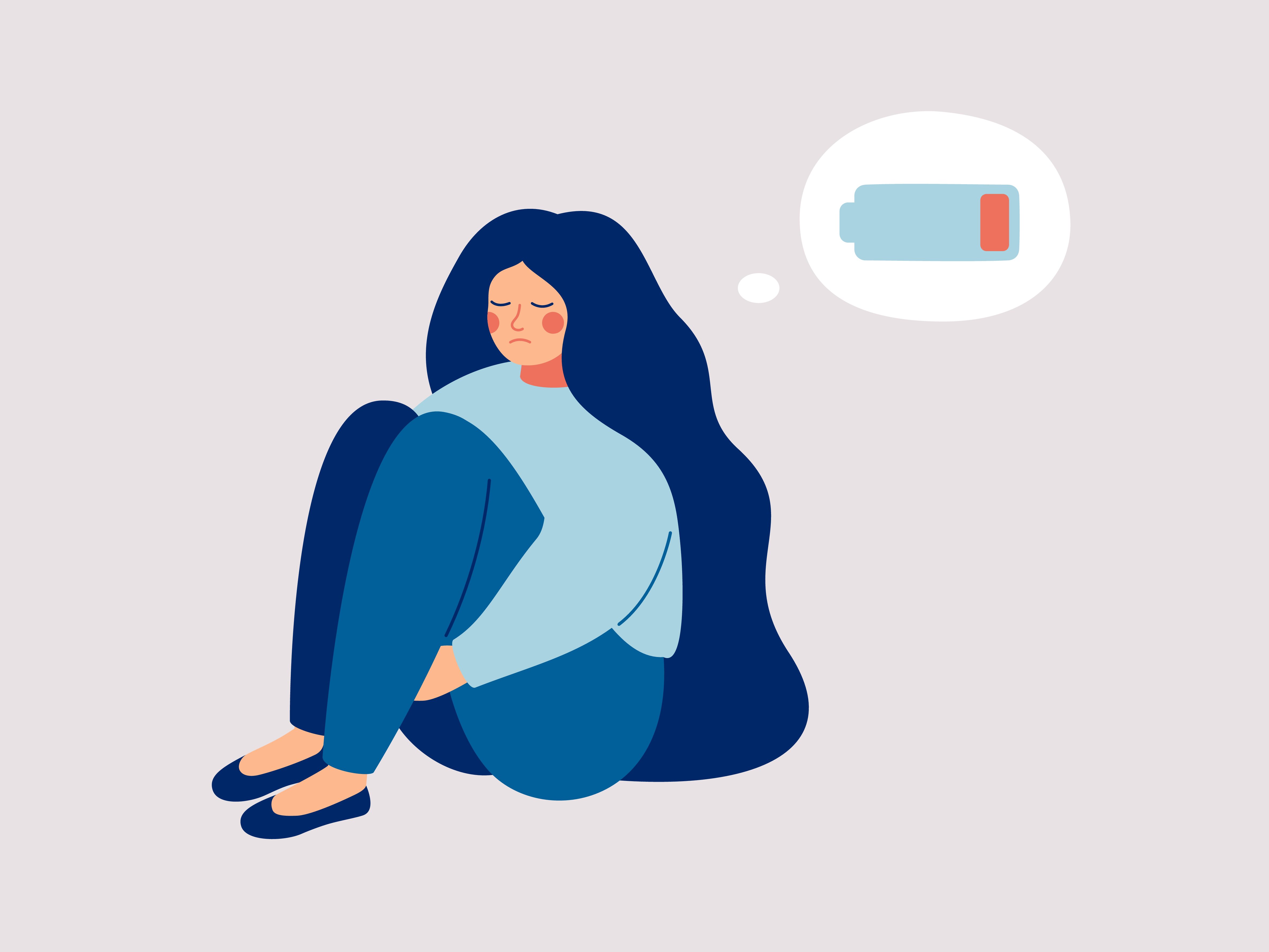
Fatigue is a little bit different than exhaustion.
Exhaustion results from physical or mental exertion but rest and sleep restore your energy to normal.
On the other hand, fatigue is characterized by overwhelming tiredness that doesn’t go away with rest or sleep. It can go on for days, weeks, months.
Sometimes fatigue occurs alongside depression, fibromyalgia, chronic pain, cancer, inflammatory bowel disease and other chronic inflammation-related diseases, neurological and neuromuscular diseases such as multiple sclerosis, Parkinson’s disease, traumatic brain injury, stroke, and some auto-immune diseases.
Fatigue can also sometimes occur in otherwise healthy individuals.
Foods That Worsen Fatigue
The relationship between diet and wakefulness or sleepiness is complex, multifaceted, and not fully understood.
Several dietary factors appear to play a role in fatigue.
Malnutrition, particularly vitamin and mineral deficiencies, can lead to fatigue by impairing metabolic processes such as oxygen transport – muscle and brain tissues are highly dependent on oxygen.
Excess nutrients, high fat intake, and excess calories can also contribute to daytime sleepiness. This could be because your body has to work harder to break down and process these meals, which leads to increased tiredness shortly after eating.
Obesity and high-fat foods can lead to sleep apnea and disrupted sleep, worsening fatigue.
Foods that increase inflammation can also contribute to fatigue:
- refined carbohydrates (white bread, pastries)
- fried foods
- red meat (steak, burgers)
- processed meats (hot dogs, sausages)
Foods high in sugar and carbohydrates, especially those with a high glycemic index, can cause your blood sugar to spike and then crash, which can leave you feeling tired and drained. High glycemic foods include:
- bread
- white rice
- cereal
- pastries and baked goods
- potatoes
- chips and crackers
While it might seem like caffeine could give you a boost in energy, it might do the opposite in the long run. Caffeine activates your sympathetic nervous system, but it’s not a source of fuel. It’s more like shifting your car into a higher gear or stepping on the accelerator rather than filling up the gas tank, and this might lead to running out of fuel even sooner.
Foods That Reduce Fatigue
To give your body and brain the fuel it needs to stay energized all day, you need to eat high quality, nutritious diet that is low-fat, high-fiber, high in omega-3 fatty acids, and rich in anti-inflammatory antioxidants.
In simpler terms, a fatigue-reducing diet includes high amounts of:
- fruits
- vegetables (especially green leafy vegetables and tomatoes)
- whole grains
- nuts and seeds
- fish (salmon, whitefish, sardines, anchovies)
Limit your consumption of foods that contribute to fatigue and anything that reduces sleep quality, like alcohol or caffeine.
If you feel exhausted for no apparent reason, consult your doctor to check for possible underlying medical conditions.






















